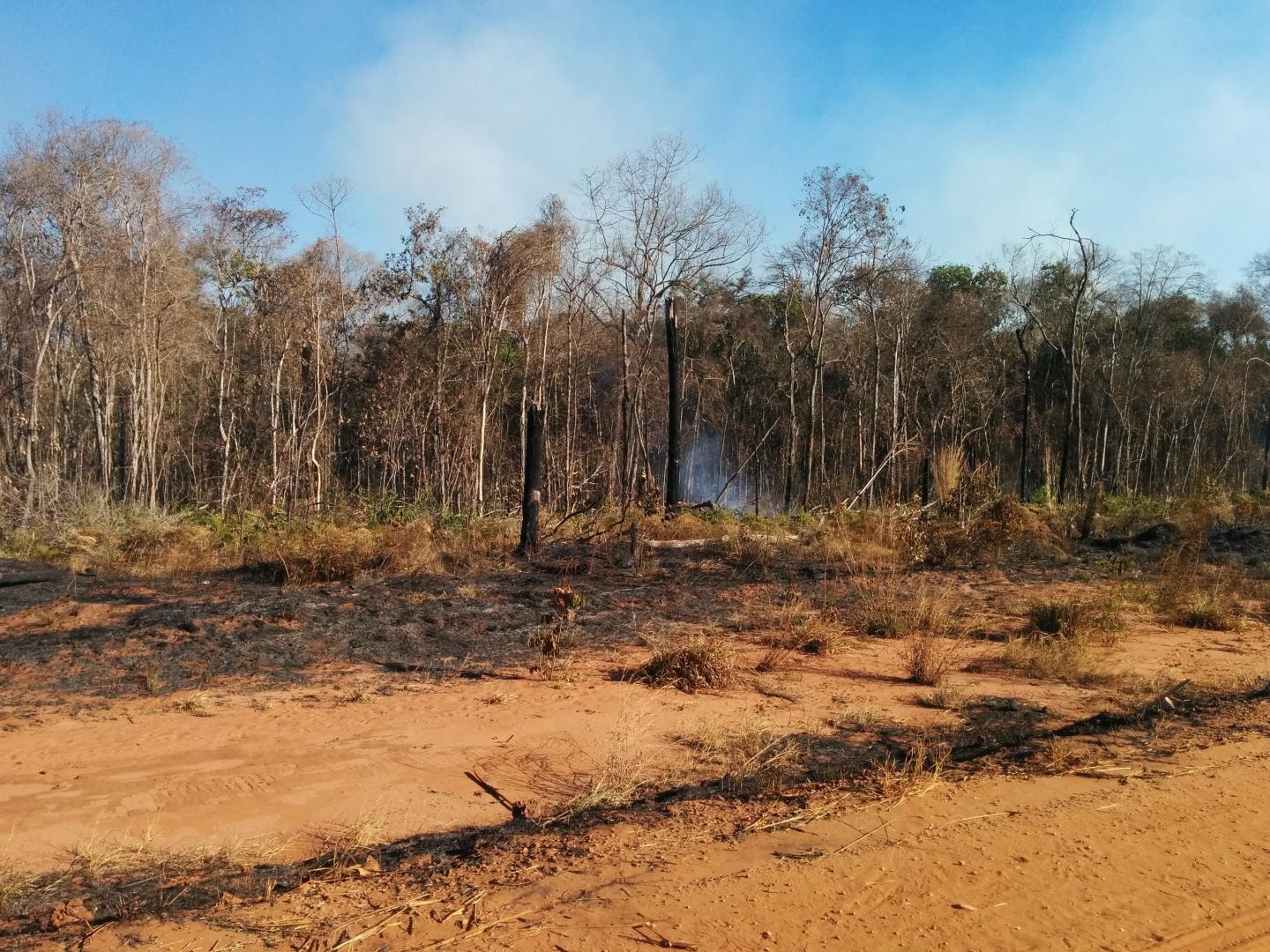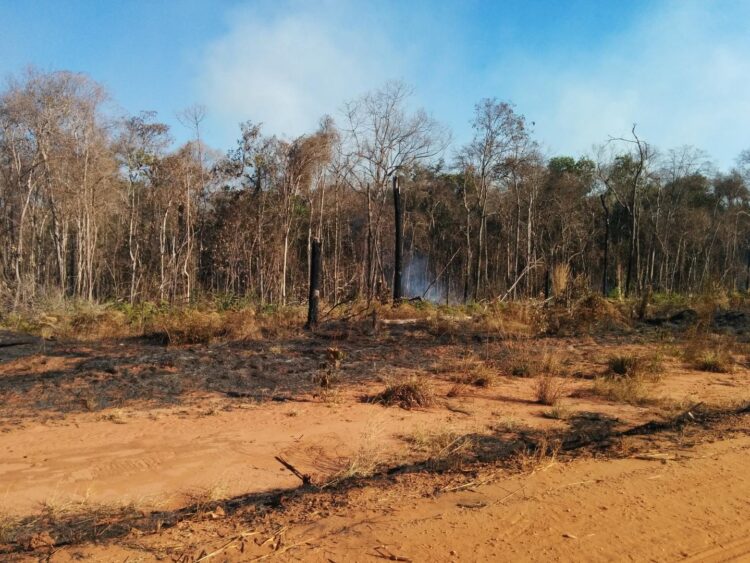
Credit: Ted Feldpausch
The Brazilian Amazon rainforest released more carbon than it stored over the last decade – with degradation a bigger cause than deforestation – according to new research.
More than 60% of the Amazon rainforest is in Brazil, and the new study used satellite monitoring to measure carbon storage from 2010-2019.
The study found that degradation (parts of the forest being damaged but not destroyed) accounted for three times more carbon loss than deforestation.
The research team – including INRAE, the University of Oklahoma and the University of Exeter – said large areas of rainforest were degraded or destroyed due to human activity and climate change, leading to carbon loss.
The findings, published in Nature Climate Change, also show a significant rise in deforestation in 2019 – 3.9 million hectares compared to about 1 million per year in 2017 and 2018 – possibly due to weakened environmental protection in Brazil.
Professor Stephen Sitch, of Exeter’s Global Systems Institute, said: “The Brazilian Amazon as a whole has lost some of its biomass, and therefore released carbon.
“We all know the importance of Amazon deforestation for global climate change.
“Yet our study shows how emissions from associated forest degradation processes can be even larger.
“Degradation is a pervasive threat to future forest integrity and requires urgent research attention.”
Degradation is linked to deforestation, especially in weakened portions of a forest near deforested zones, but it is also caused by tree-felling and forest fires.
Climate events, such as droughts, further increase tree mortality.
Such degradation can be hard to track, but the research team used the satellite vegetation index L-VOD developed by scientists at INRAE, CEA and the CNRS.
Using this index and a new technique for monitoring deforestation developed by the University of Oklahoma, the study evaluated changes in forest carbon stocks.
A change of government in Brazil in 2019 brought a sharp decline in the country’s environmental protection.
The 3.9 million hectares of deforestation in that year is 30% more than in 2015, when extreme El Niño droughts led to increased tree mortality and wildfires. However, the study shows that carbon losses in 2015 were larger than in 2019.
This demonstrates the dramatic impact that degradation can have on overall biomass and carbon storage in the rainforest.
###
The paper is entitled: “Carbon loss from forest degradation exceeds that from deforestation in the Brazilian Amazon.”
Media Contact
Alex Morrison
[email protected]
Related Journal Article
http://dx.





